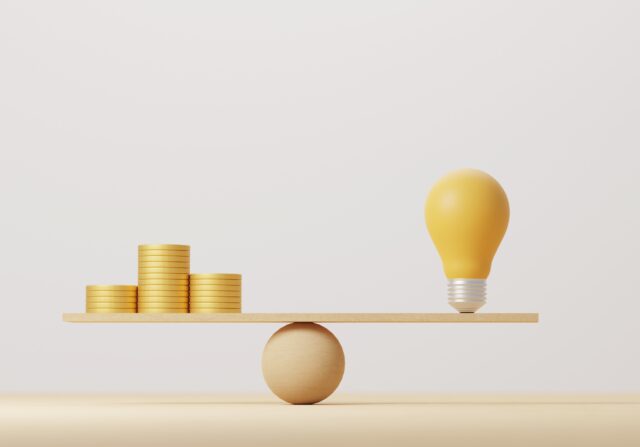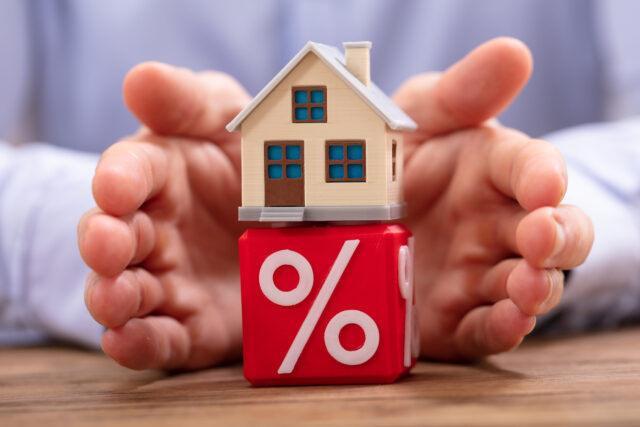
Boomers Repairing their Mortgage Finances
The housing market collapse more than a decade ago inflicted a lot of financial damage on baby boomers nearing retirement. But a new study finds that some have been trying to make up for lost time by rapidly reducing their mortgage debt.
Since the Great Recession, the boomers who were born in the 1950s – they are now in their 60s – have paid down more than 40 percent of their remaining mortgages and home equity loans, on average – a much faster pace than their parents did at that age.
Not all the damage from the Great Recession can be repaired, however, because many people lost their homes in the wave of foreclosures. For example, the homeownership rate for the boomers born in the early 1950s quickly dropped slightly more than 10 percentage points after the housing crisis, to 67 percent, where it remained until 2016, the last year of data in the study.
Since then, the U.S. homeownership rate has increased but is still below the pre-recession peak.
The impact of the housing crisis was far less dramatic for Americans born in the early 1930s. Their homeownership rate dipped 2 percentage points right after the crisis, to a relatively high 76 percent, according to Jason Fichtner of Johns Hopkins University.
The decline in boomers’ homeownership leaves fewer of them with housing wealth to fall back on when they retire.
They have also fallen behind in fully paying off their mortgages, which would eliminate their monthly payments and make the house a low-cost place to live. Just half of the boomers born in the early 1950s who held onto their homes during the Great Recession own them outright – two-thirds of the people born in the early 1930s had paid off their mortgages by that age.
However, the share of boomer households that have paid off their mortgages has increased recently as boomers have stepped up their efforts to reduce debt. While the study predates the economic slowdown caused by COVID-19, the pre-pandemic trend is encouraging, Fichtner said.
To read this study, authored by Jason Fichtner, see “Home Ownership and Housing Debt in Retirement: Financial Asset for Consumption Smoothing or Albatross Around the Necks of Retirees?”
The research reported herein was derived in whole or in part from research activities performed pursuant to a grant from the U.S. Social Security Administration (SSA) funded as part of the Retirement and Disability Research Consortium. The opinions and conclusions expressed are solely those of the author and do not represent the opinions or policy of SSA, any agency of the federal government, or Boston College. Neither the United States Government nor any agency thereof, nor any of their employees, make any warranty, express or implied, or assumes any legal liability or responsibility for the accuracy, completeness, or usefulness of the contents of this report. Reference herein to any specific commercial product, process or service by trade name, trademark, manufacturer, or otherwise does not necessarily constitute or imply endorsement, recommendation or favoring by the United States Government or any agency thereof.
Comments are closed.







To my eternal shame, I once wrote an issue brief from the CRR advocating households repay their mortgage before retirement. I retract it all. At current interest rates and anticipated inflation rates, mortgage borrowing is almost free. All but the most risk averse should load up while money is on sale. Of course, they should also make sure they retire with plenty of assets on the others side of the balance sheet. But foregoing investing in stocks, or even worse, failing to get one’s 401(k) match to pay off the mortgage makes no sense.
Excellent. This is welcome news.
Since middle class Americans often hold more wealth in their home (equity) than they do in their retirement accounts, this is a great improvement in their debt to equity profile.
Maybe those $2,000 government checks helped folks pay down their mortgages. Plus, the money they saved from not traveling and not eating at restaurants.
What is an “improvement” to their debt equity profile? You can’t claim a debt reduction is an improvement unless you know 1) the household’s risk preferences, 2) the rate of interest on the debt, and 3) the forecast distribution of returns on financial assets.
When I made the move from NJ to SC in 2012, I had almost enough equity in my NJ house to pay off the mortgage and buy another house (new) in SC outright for $100K less than the selling price of NJ house. I cashed in an old retirement account that had been treading water, took the tax hit and bought the new house debt free. That made my spouse VERY comfortable and me too.
I have taken advantage of low interest rates for home equity line of credit for home projects rather than dripping in to the IRA. My spouse assumes that RMD means required spending, so that money is for fun.
While I agree with both of the previous comments, I think it truly depends on the consumer. There are some that borrow and borrow from their house at low rates and will eventually end up with a mortgage still in their 80’s and not even qualify for a HECM. The housing wealth will already be spent. For those that did get it down, now is the best time to look at utilizing that home equity instead of pulling from an IRA if they have lost a job or business. Utilizing home equity now in the form of a “house pension” and not having to pay it back while rates are low is the best of both worlds!
We are essentially homeless. I took a job with the government overseas and sold both of our houses, saving the equity. When we go back to the states we hope to buy a house, or have very little on a mortgage. Right now we are pouring money into our TSP (government 401k-like retirement savings) and building up some cash for the home purchase. This has been perfect for us. No home repairs or landlord problems. Everyone has different needs and expectations.
My wife and I had planned long ago to retire in 2010. We hit all of our savings and investment milestones, paid off our mortgage in 2003, weathered the 2008 recession well, retired in 2010 (her January 1st, me July 1st), and have been enjoying retirement for over a decade (even considering the impact of COVID-19). The market has been very, very kind for most of the past decade.
As with anything else, putting together a long-range plan that is flexible, and includes paying off the mortgage – or not – is the right move. It depends on you, your goals, your time horizon, etc. Whatever works for you and allows you to sleep comfortably, is the right decision.
I’m glad to see that older people are doing better with their mortgages; I think a paid-off house is one cornerstone of a worry-free retirement (although I know several financially-savvy people who for various valid reasons have not paid off their homes).